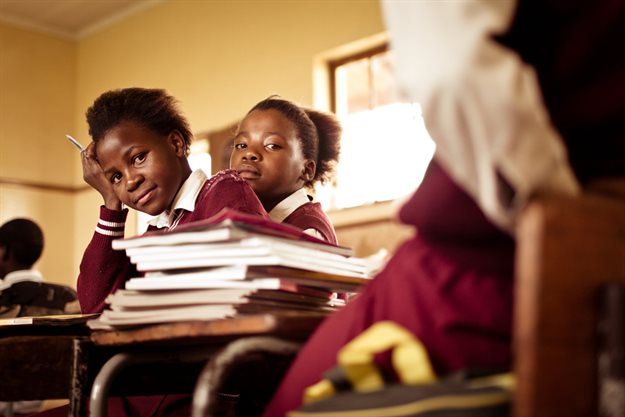
“History is always the ultimate judge, which is why what happens right now should be intentional and not a mere spray-and-pray approach,” she says.
Podetti-Ngono says this is particularly important when dealing with decisions around the economy, education and learners within our society.
These young people will live in the economic and societal aftermath of Covid-19. The world that we are creating with today’s decisions has to work for us all.She says it starts with what happens in the local economies surrounding various schools. Many have felt the financial pinch that has come with some of the measures nationally in the fight against the virus, and though challenging, some local service providers have seen the opportunities available during this time and should be rewarded for their steadfast nature.
“This pandemic should be used to ensure that we build our local economies. Take the safety packs the provincial education departments are organising at the moment. Those should benefit local economies and not a select few. We should be intentional in the decentralisation of this opportunity in order to benefit more people within the economy through this opportunity. We should also be transparent and fair regarding who is being used as a service provider as well as the price we pay for the personal protection equipment (PPE),” she says.
It is important that while still determined and committed to add value, citizens are met where they are by government and economic decision-makers, she adds.
Furthermore, Podetti-Ngono says the school situation needs re-evaluation.
“The classroom ration, for example, will make practical efforts of social distancing difficult. We need to find solutions to this issue and re-evaluate traditional ways of doing things. Perhaps this is the time to rethink school hours or the entire system as a whole, to think outside the box regarding the curriculum and how it is presented to learners.”
Learners who depend on public transport such as taxis or school buses will experience difficulties with maintaining best practice guidelines when schools reopen.
“How do you practice social distance in a classroom that exceeds recommended capacity like many of our Valued Citizens Schools? How do you social distance in a school bus or a taxi?”
Podetti-Ngono says it is crucial to commit to finding innovative solutions to the school problem that is emerging as a result of the pandemic while instilling hope and continuity in young people.
“Learners still need soft skills and even sport activities like athletics, which adhere to social distancing guidelines. Young people need to exercise to balance the hormones in their bodies and manage their anxiety and stress. Our solutions should also look at ways to enhance empathy and passion as well as emotional and academic support to our learners.”
She says one suggestion to support both educators and learners is considering designated social workers for cluster schools in specific regions and also count on the non-governmental organisations like Valued Citizens Initiative to provide support for emotional well-being and motivation.
“A one-size-fits-all approach won’t work for us. Different countries are dealing with different population, economic and societal challenges. Once we look at our society as unique with its own positives and negatives, we will be able to use this pandemic to draw lessons and create lasting positive legacies in various sectors of our country.”
Medical and other research abound globally around this virus, she says, ours is to use the facts presented to formulate our own informed solutions.
“This means we need to be agile, and continue finding new ways of solving our own challenges for our own country to come out of this better.”